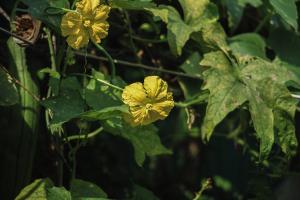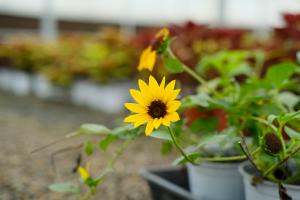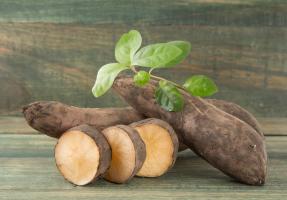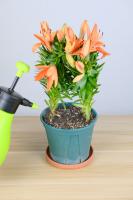Is Plastic Pot Good for Plants?
Plastic pots have been a staple in the gardening world for decades. They are lightweight, durable, and come in a variety of sizes and colors. But the question remains, is plastic pot good for plants? Let's examine the pros and cons of plastic pots for your plants.
Advantages of Plastic Pots
Plastic pots are popular for many reasons. One of the biggest advantages of plastic pots is their durability. They are weather-resistant and won't crack or break easily. Plastic pots are also lightweight, making them easy to move around as needed. Plus, they are available in many sizes and colors, making it easy to find the perfect pot for your plants.
Plastic pots are also relatively inexpensive compared to other materials like clay or ceramic. They are also easily cleaned and sanitized, making them a popular choice for plant nurseries and commercial growers.
Disadvantages of Plastic Pots
While plastic pots have many advantages, they do have some drawbacks. One of the biggest concerns with plastic pots is the potential for them to trap moisture. Plastic pots are not porous, which means that water cannot escape through the sides of the pot. This can lead to overwatering and root rot in plants.
Another concern with plastic pots is the potential for them to leach harmful chemicals into the soil. Plastic pots can contain chemicals like BPA, which can leach into the soil and be absorbed by plants. This can be harmful to both the plant and anyone who consumes the plant.
How to Use Plastic Pots Safely
If you choose to use plastic pots for your plants, there are steps you can take to ensure they are safe. First, make sure to choose pots that are labeled as BPA-free. This will reduce the risk of harmful chemicals leaching into the soil.
You can also prevent moisture buildup by using well-draining soil and adding drainage holes to the bottom of the pot. This will allow excess water to escape and prevent root rot.
Another option is to use plastic pots as a temporary solution. You can start your plants in plastic pots and then transplant them into larger, more porous pots once they outgrow the plastic pot.
Conclusion
So, is plastic pot good for plants? The answer is not straightforward. While plastic pots offer many benefits like durability and affordability, they also have some potential drawbacks like trapping moisture and leaching harmful chemicals.
Ultimately, the decision to use plastic pots for your plants is up to you. If you do choose to use plastic pots, make sure to take the necessary precautions to ensure the safety of your plants and anyone who consumes them.

 how many times do yo...
how many times do yo... how many planted tre...
how many planted tre... how many pine trees ...
how many pine trees ... how many pecan trees...
how many pecan trees... how many plants comp...
how many plants comp... how many plants can ...
how many plants can ... how many plants and ...
how many plants and ... how many pepper plan...
how many pepper plan...






























